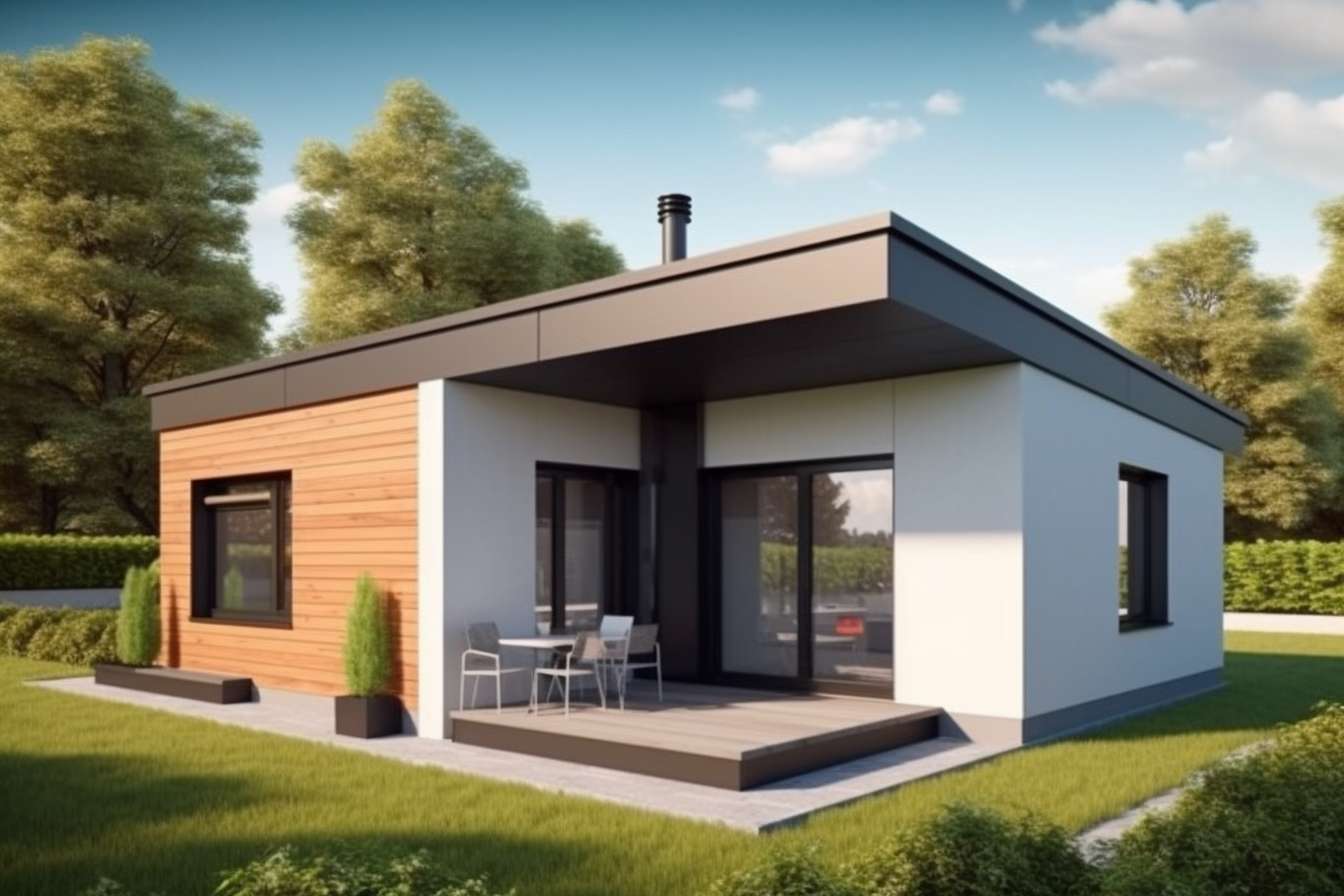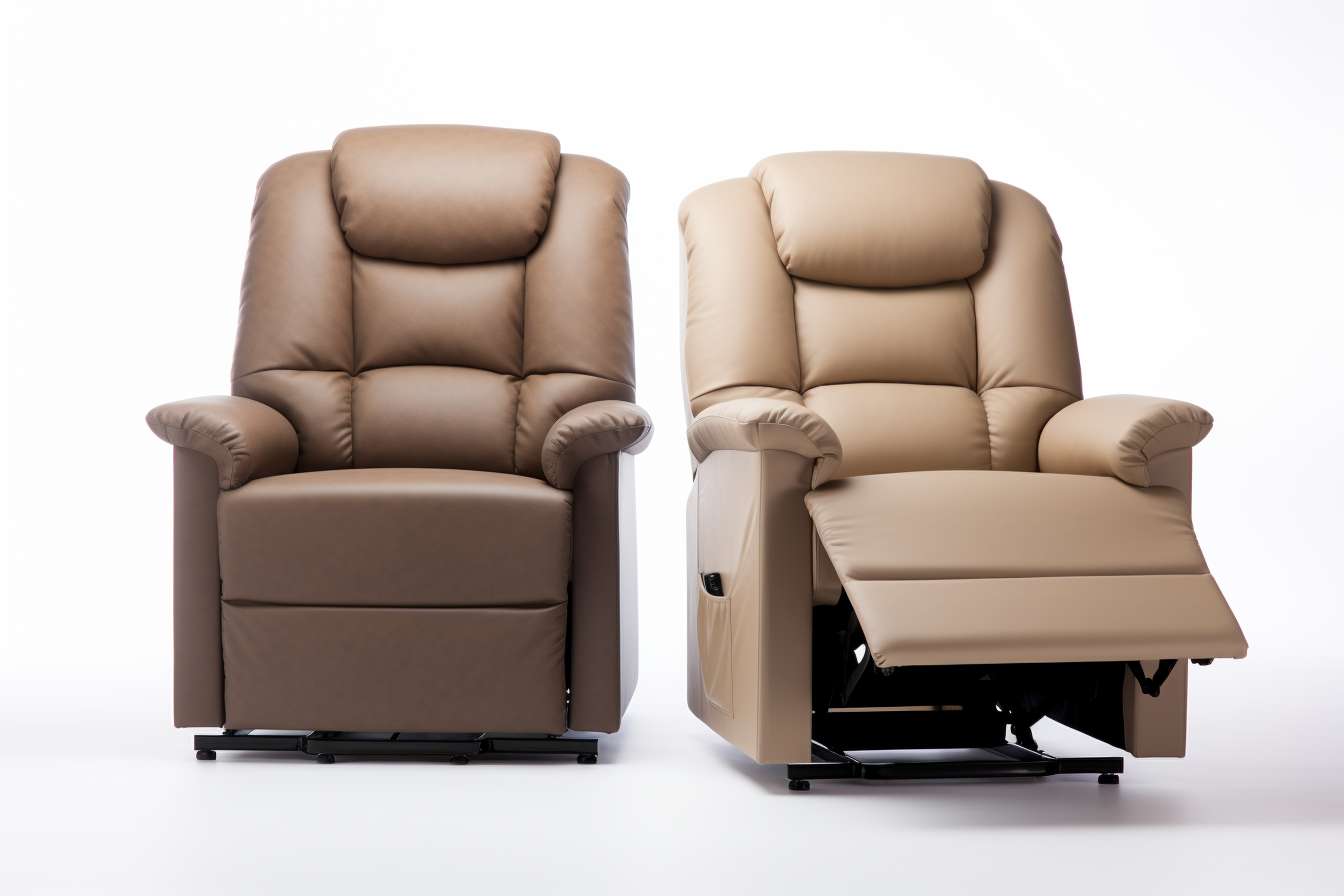Modular Homes: Modern, Efficient Housing Solutions
Modular homes have revolutionized the construction industry by offering factory-built housing solutions that combine efficiency, quality, and customization. These prefabricated structures are constructed in sections at manufacturing facilities before being transported and assembled on-site, providing homeowners with faster build times, consistent quality control, and often more affordable pricing than traditional site-built homes.

What Does Understanding Modular Homes Really Mean?
Understanding modular homes begins with recognizing that these are permanent structures built to the same local building codes as traditional homes. Unlike mobile homes or trailers, modular homes are constructed in climate-controlled factory environments using assembly-line techniques that ensure precision and quality. Each module is built with structural integrity designed to withstand transportation and crane placement, often making them stronger than conventional homes. The modules arrive at the building site typically 70-90% complete, requiring final connections for utilities, interior finishing touches, and exterior elements like porches or garages.
How Do Flexibility and Customization Work in Modular Construction?
Flexibility and customization in modular homes extend far beyond basic floor plan selection. Modern modular manufacturers offer extensive architectural options, including multi-story designs, custom room layouts, upgraded fixtures, and premium materials. Homeowners can choose everything from cabinet styles and flooring materials to window configurations and roofing options. Many manufacturers provide design software that allows customers to visualize their customizations before construction begins. The modular process also accommodates future expansions, as additional modules can often be added to existing structures with proper planning and foundation preparation.
What Makes Energy Efficiency and Sustainability Key Benefits?
Energy efficiency and sustainability represent major advantages of modular construction methods. Factory-controlled environments enable precise insulation installation, tighter building envelopes, and consistent quality that reduces air leakage. Many modular homes exceed traditional energy efficiency standards, incorporating features like high-performance windows, advanced HVAC systems, and superior insulation packages. The controlled manufacturing process also reduces material waste by up to 50% compared to site-built construction, while leftover materials can be recycled more easily in factory settings. Some manufacturers specialize in green building practices, offering solar-ready designs, sustainable materials, and certifications like ENERGY STAR ratings.
How Do Quality Assurance and Durability Compare to Traditional Homes?
Quality assurance and durability in modular homes often surpass site-built construction due to factory-controlled conditions and rigorous inspection processes. Each module undergoes multiple quality checks during construction, including structural inspections, electrical testing, and plumbing verification before leaving the factory. Weather protection during construction eliminates concerns about rain, snow, or extreme temperatures affecting materials and workmanship. The assembly-line approach ensures consistent techniques and attention to detail that can vary significantly in traditional construction. Additionally, materials are stored in controlled environments, preventing warping, moisture damage, or contamination that commonly occurs at outdoor construction sites.
What Regional Advantages Do Modular Homes Offer in the United States?
In the United States, modular homes provide unique advantages for different regional challenges and opportunities. Northern states benefit from year-round construction capabilities, as factory production continues regardless of harsh winter weather conditions. Western states with labor shortages find modular construction helpful for maintaining project timelines with factory-trained workers. Areas prone to natural disasters appreciate the structural strength of modular homes, which must withstand transportation stresses that often exceed typical weather loads. Some states offer tax incentives for energy-efficient modular homes, while others have streamlined permitting processes that recognize the quality control inherent in factory construction.
What Are the Cost-Effectiveness and Investment Value Considerations?
Cost-effectiveness and investment value make modular homes attractive to many buyers seeking quality housing at competitive prices. The streamlined manufacturing process typically reduces construction time by 30-50%, minimizing financing costs during the building phase.
| Home Type | Price Range (Per Sq Ft) | Construction Timeline | Key Benefits |
|---|---|---|---|
| Basic Modular | $80-$120 | 4-6 weeks factory + 2-4 weeks site | Fast completion, weather protection |
| Mid-Range Modular | $120-$180 | 6-8 weeks factory + 3-5 weeks site | Custom features, energy efficiency |
| Luxury Modular | $180-$300 | 8-12 weeks factory + 4-8 weeks site | Premium materials, architectural details |
| Traditional Site-Built | $100-$350 | 16-24 weeks total | Unlimited customization, local contractors |
Prices, rates, or cost estimates mentioned in this article are based on the latest available information but may change over time. Independent research is advised before making financial decisions.
Long-Term Value and Market Acceptance
Modular homes have gained significant market acceptance as financing options have improved and construction quality has advanced. Many lenders now treat modular homes identically to site-built homes for mortgage purposes, recognizing their permanent foundation and code compliance. Resale values have strengthened as public perception has shifted from viewing modular as inferior to recognizing the quality and efficiency advantages. Insurance companies often provide favorable rates for modular homes due to their consistent construction quality and reduced risk factors. The combination of lower initial costs, reduced construction timelines, energy efficiency savings, and improving market acceptance makes modular homes an increasingly compelling investment option for both primary residences and rental properties.




